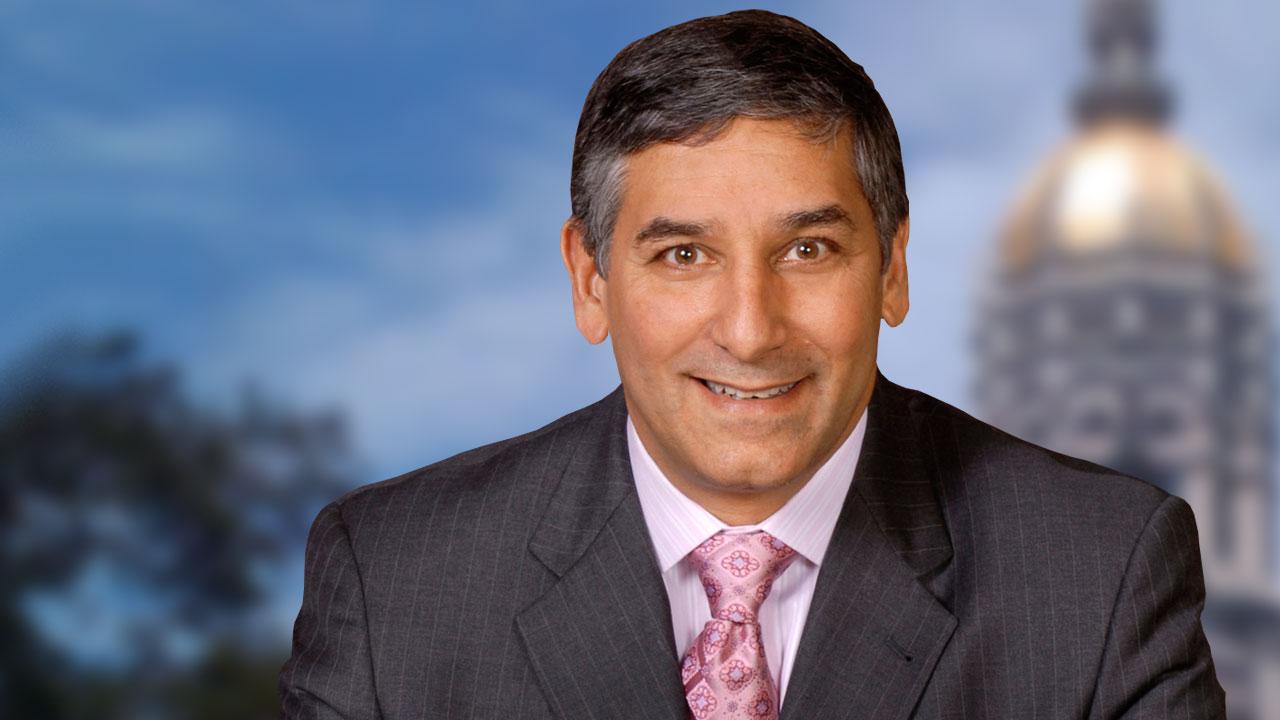[box]By State Senator Leonard A. Fasano[/box]
The summer driving season is over, but high gas prices continue to put pressure on family budgets across Connecticut. While gas prices have come down some, global economic forces are threatening to send them back up in the coming weeks and months.
Crude oil prices are the highest they’ve been in 18 months, having increased 20% over just the past two months as a result of supply disruptions and rising concerns about United States military intervention in Syria and general political instability in the Middle East. This impact has been somewhat muted in recent months because our domestic oil production has surged as a result of shale drilling. However, the trend is not good, and if crude oil prices remain at all-time highs, it will only be a matter of time before we again see higher prices at the pump.
While these global factors are beyond the state legislature’s control, there is one factor directly within our control – state gas taxes.
Connecticut levies two different taxes on gasoline. The first is a flat tax of 25 cents-per-gallon. The second tax is not well known. It is called the petroleum gross receipts tax; a hidden tax levied as a percentage of the wholesale price of gasoline. Because this second tax is tied to wholesale price of gasoline, it rises and falls in concert with the volatility in the petroleum market. Therefore, when the price of crude oil increases, Connecticut gasoline taxes increase faster than they do in other states. At the current effective rate of 8.84%, this second tax currently costs consumers an additional 26 cents-per-gallon at the pump. At a total of about 51 cents-per-gallon, Connecticut motorists pay higher state gas taxes than all of our neighboring states and usually rank first or second in the nation.
When you add the 18.4 cent federal excise tax, Connecticut motorists end up paying 69 cents in taxes for every gallon of gas they purchase. For an average 15 gallon fill-up, that’s about $10.35 in taxes alone!
To add insult to injury, Connecticut’s petroleum gross receipts tax also influences the state’s diesel fuel tax, which in turn increases trucking and transportation costs, and ultimately consumer costs on everything from groceries and clothing, to construction, as well as other goods and services.
If revenue from state gas taxes were actually invested, as they once were, in major transportation initiatives, expensive road and bridge repairs, and to help independent gas station owners pay for federal insurance requirements covering the cost of cleaning up leaks and environmental damage that can be caused by underground gas tanks, then there may be an argument for keeping the petroleum gross receipts tax.
However, Governor Dannel P. Malloy has diverted more than $180 million in his first two biennial budgets out of the Special Transportation Fund to pay instead for the growth of other government programs. The diversion of these funds has jeopardized our transportation infrastructure and forced many small independently-owned gas stations out of business.
Republican legislators have fought to reduce state gas taxes for years. Most recently, we circulated a petition to stop a 16% hike in the petroleum gross receipts tax that Democratic legislators and Governor Malloy allowed this year.
The petition also called on Governor Malloy to use revenue collected from state gas taxes to fund major transportation initiatives, along with necessary road and bridge repairs, consistent with the legislature’s original intent. This also includes funding of the state’s underground storage tank program.
More than 17,000 Connecticut residents signed our petition to stop the gas tax hike and use existing revenues for their intended purpose. The petition was presented to Governor Malloy in June, but, regrettably, he did not see fit to respond.
The next time you fill-up your gas tank, please consider the high price and misuse of Connecticut’s gas taxes, and the impact it has on our state’s economic competitiveness and your family budget.
Please urge Connecticut lawmakers and Governor Malloy to reduce state gas taxes and stop stealing from the Special Transportation Fund.
State Senator Leonard A. Fasano (R-34) is the Senate Minority Leader Pro Tempore and represents the communities of Durham, East Haven, North Haven, and Wallingford.
